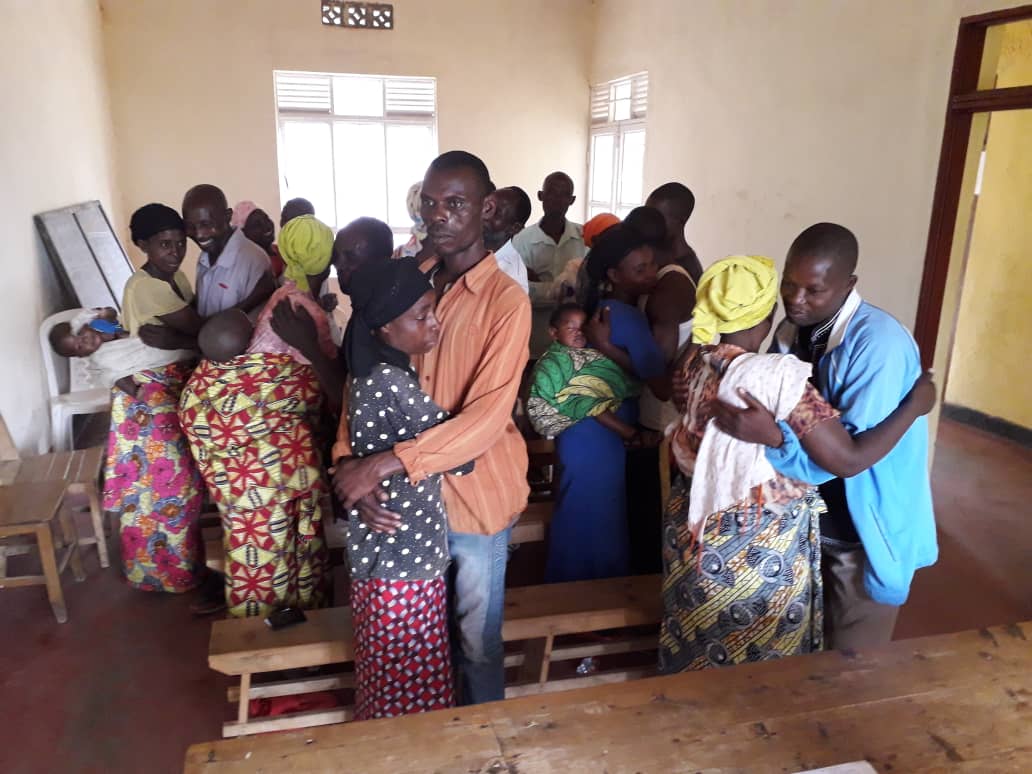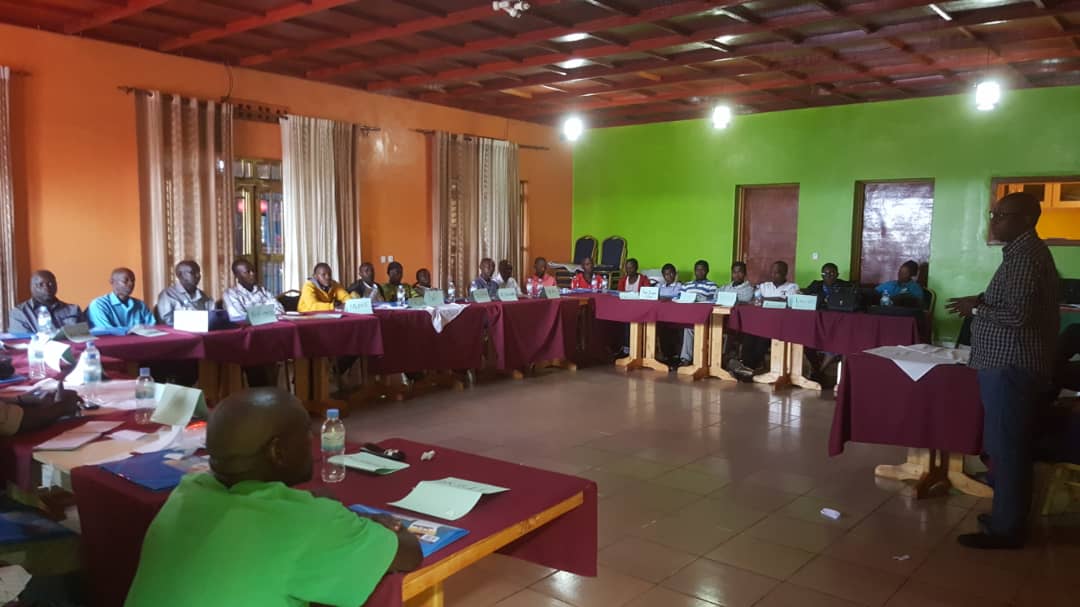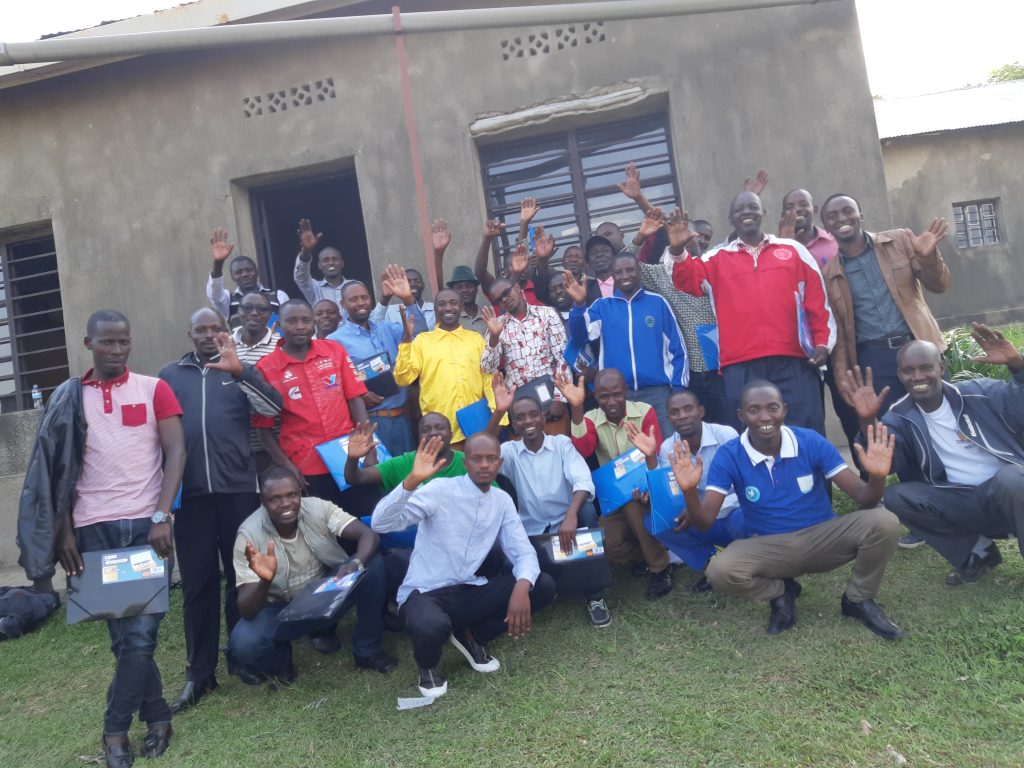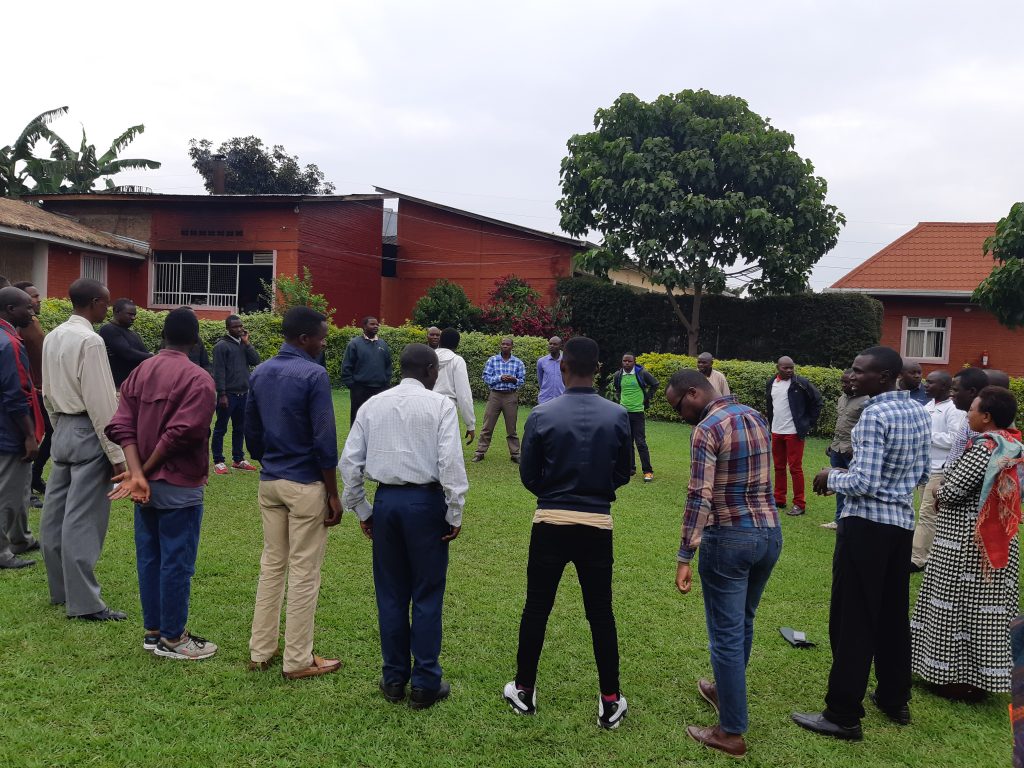Workshops on conflicts resolution in couples and Engaging men in positive masculinity to tackle GBV
- 2019-03-08 10:57:12
Gender-based violence reflects and reinforces inequalities between men and women and compromise the health, dignity, security and autonomy of its victims. The Rwanda Interfaith Council on Health (RICH) is putting efforts in preventing and responding to this issue through various interventions in the community.
In this month of February 2019, RICH has conducted several interventions among which : workshops which targeted conflicting couple but also sessions targeting men and boys to engage them in the promotion of positive masculinity as a tool to tackle GBV. These workshop were conducted in Rubavu, Nyabihu, Kamonyi, Muhanga, Ruhango and Huye, the districts of intervention of the ‘claiming sexual and reproductive health rights in Rwanda’’
The workshop which brought together conflicting couples in those targeted distrcts were very appreciated by both men and women. They recognized that conflicts were becoming barriers and erasers of the love that brought them together in the first place. They were assisted in finding strategies to end their conflicts: they were reminded that by putting first their love and respect is the sole solution to their querrels.

Photo: Conflicting couples were reminded to focus on the love that brought them together in the first place , this will enable them solving their conflicts
RICH also carried out training of men and boys to change the social and gender misbehaviors which were find out exacerbating tensions within families, resulting in intimate partner violence and sexual and Gender Based Violence in general. These workshop for men and boys covered many topics such as:
- Roles and duties assigned to boys and girls and how this causes inequality
- The work done by men /women in a day (24 hours) and its valuation
- Gender based violence: definition, types and typical examples of its occurrence in our community
- Power in families, how it is attributed, how it is taken away and its consequences
- Triggers of Gender based violence (alcohol abuse, power imbalance (financial, decision making)
- How to use gender equity and equality and positive masculinity in preventing and responding to Gender based violence


Photo: The trained men and boys pledged to teach by example how to live in harmony and respect their fellow wives and promote equality within their children: boys and girls
Prevention and responding to SGBV was a core component in those training sessions; given the multi nature of the response it requires. Participants were encouraged to become actively involved in protecting women and girls against SGBV, starting in their families. Men were taught to support their wives and to allow them to participate fully in decisions that are affecting their families
All those topics were shared using a participative and practical methodology. Each topic was addressed using with concrete examples and using many focus group discussions. This drew the interest and attention of the participants: they continuously gave their point of view on the addressed topics which opened up discussions and enabled each one to understand the covered topics in depth.

Photo: The Participative methodology used enabled the participants to assimilate the contents of the workshops
In their feedbacks, the participants appreciated very much the topics as well as the methodology used in this workshop. They said that most off them were perpetrating GBV unknowingly, They declared henceforth having been enabled by these trainings to avoid and prevent GBV in their families but also to be at the forefront of promoting positive masculinity in their community.

Photo: The executive secretary of Ntongwe sector sharing his remarks to the men and boys trained
At the end, the trainees vowed to fight against SGBV in the families and neighborhood; being exemplary and also pledged that, through existing structures such as Imigoroba y’ ababyeyi, Umuganda , they are going to sensitize their communities to speak out and prevent SGBV and their local leaders have pledged to help them, and to work with them for mobilizing their community.